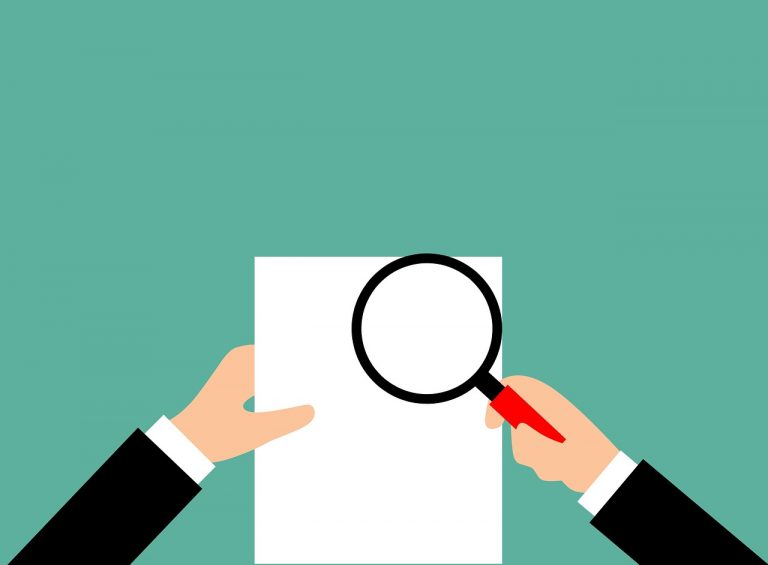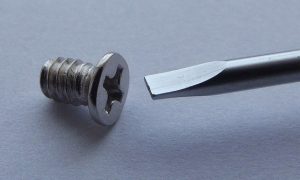Whether there’s been a rise in misinformation online or simply more awareness of it, one thing is for certain: news organizations are under more scrutiny than ever.
It’s important to take the time double-check your facts even while working under deadline pressure in a fast-paced news environment. This will reduce the risk of having to run a correction—and doing everything you can to get things right the first time will improve your credibility and that of the organization you’re writing for. It will also be helpful in case the accuracy of your story comes into question, and can be useful should you or your publisher ever face legal threats.
Here are some areas to fact-check.
Quotes
Check to make sure you are quoting people accurately. This is especially important if you are using transcription software, which may sometimes have errors. One way to speed this up is to jot down the timestamp of any quote you use so you can go back more quickly later.
Proper nouns
Check the names and spellings of cities, buildings, universities, organizations, sources and any other proper nouns. Check people’s titles while you’re at it. You may want to highlight or underline anything that’s capitalized and revert it to normal test once you’ve verified it.
Numbers
Verify every number used, whether it’s someone’s age, a monetary figure or a time and date. Use original sources whenever possible—sometimes other websites get ages or other facts wrong, and you’ll want to do your own reporting. It’s crucial for business reporters to get the math right, so take extra care when looking at figures or percentages.
Grammar and spelling
There are new tools every day to assist with proofreading, and spellcheckers are improving all the time. Be aware that these tools aren’t perfect, and sometimes even offer suggestions that are incorrect. It might be worth reading your piece aloud. You can also have a colleague that has some distance from the story take a look. Editors, copyeditors and proofreaders can help, too: the more eyes, the better.
Phone numbers, addresses, and website URLs
Websites go offline, numbers get transposed, and contact information is sometimes copied incorrectly. Click on every link, make the phone calls and double-check addresses before you hit publish.
Definitions
Even dictionary definitions are sometimes outdated, and some terms are used differently depending on the industry. For best results, run your definitions by industry experts as well as Merriam-Webster… and if there are multiple definitions or there’s no way to simplify a difficult concept, that’s something you can consider including in your story.
Statements of Fact
Verify any factual statement, even ones that are attributed to a source. The process for doing so will change depending on your editorial guidelines and the details of the story, but in general, you’ll want to look for evidence to support any claim. When publishing allegations of wrongdoing, you’ll want evidence that you contacted the subject of the coverage and gave them the opportunity to respond.
Make sure to document all of your fact-checking efforts. Providing both a clean copy and an annotated copy for your editor, where each claim has a link to your sources, can speed up the process.
Corrections
Sometimes, in a rush to correct an error, publications correct one error but leave others in place. Sometimes, they accidentally walk back accurate statements. Or, the correction itself might contain additional errors itself. Take extra care to fact-check your corrections to avoid compounding the original error.











